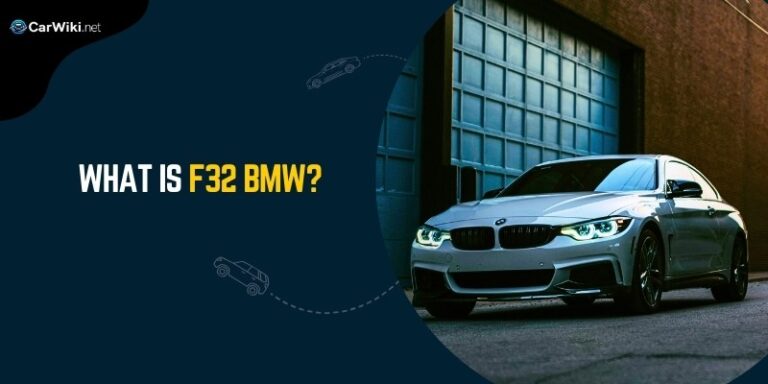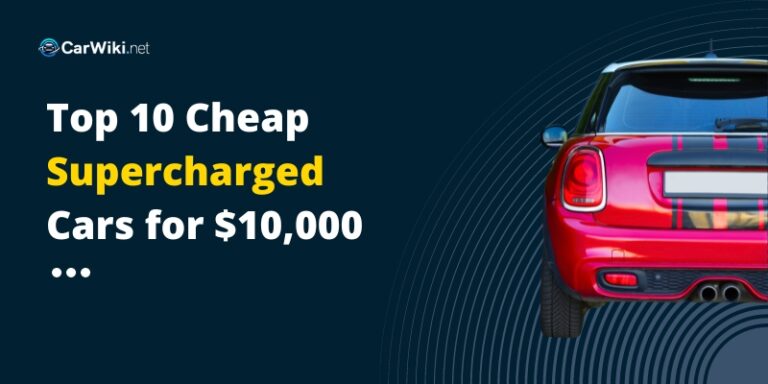Top 10 Cars Without Computer Chips (No ECU)
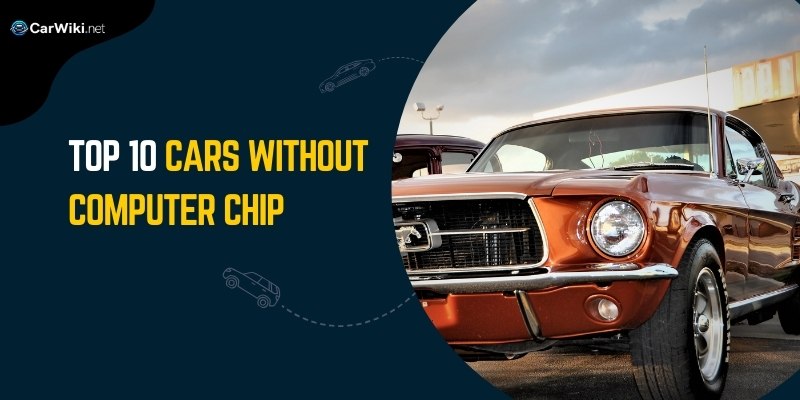
Don’t want any ECU non-sense and driver’s aid and want to enjoy a pure mechanical driving experience? Then look no further than our list of top 10 cars without computer chips.
Have you ever thought about the charm and simplicity of cars that don’t rely on computer chips?
In our tech-driven world, this might sound like a step back, but there’s a growing interest in these vehicles. Let’s dive into why these chip-free cars are gaining attention.
The Rise of Computer Chips in Modern Cars
History 101: The use of computer chips in cars started in the 1970s, revolutionizing automotive technology.
These chips brought advantages like fuel efficiency and safety features, but also some drawbacks like complexity and repair costs.
The Appeal of Cars without Computer Chips
Why go chip-free? For starters, they’re simpler and more reliable. If you’re someone who loves to tinker with your car, these models are a DIY dream.
Plus, there’s something undeniably cool about classic car simplicity.
Top Cars without Computer Chips
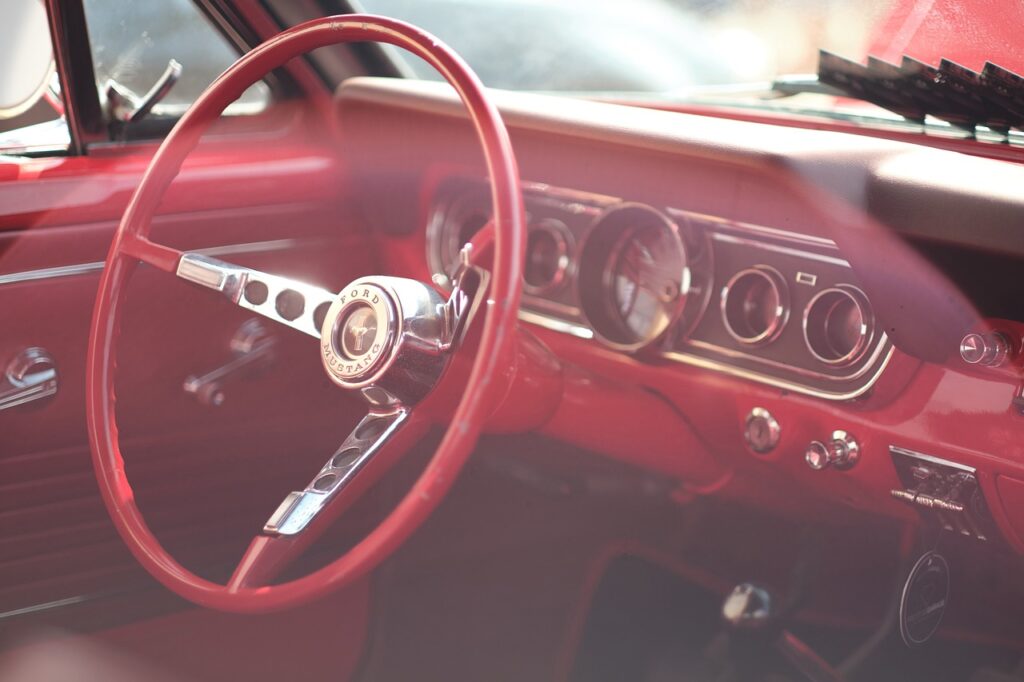
Let’s talk about some stars of the chip-free car world. We have classics like the Volkswagen Beetle and Ford Mustang, and believe it or not, some recent models still keep it old school.
- Volkswagen Beetle (Classic Models up to late 1970s) – The original air-cooled Beetles are simple and mechanical, without ECUs.
- Ford Mustang (First Generation, 1964-1973) – Early models of the Mustang, prior to the introduction of more complex electronics.
- Chevrolet C/K Series (Pre-1980s) – The older models of the Chevy C/K trucks are known for their mechanical technology without ECUs.
- Jeep CJ-5 and CJ-7 (Up to Early 1980s) – These Jeep models, especially those manufactured before the 1980s, have minimal electronic components.
- Toyota Land Cruiser FJ40 (Up to 1983) – Known for its robustness and mechanical purity, the FJ40 series did not feature ECUs.
- Austin Mini (Original Models up to Late 1970s) – The classic Minis were simple and mechanical, relying very little on electronic components.
- MG B (1962-1980) – A popular British sports car that maintained a largely mechanical setup throughout its production years.
- Triumph TR6 (1968-1976) – This classic British roadster is another example of a mechanically operated vehicle without an ECU.
- Fiat 124 Spider (1966-1978) – The early models of the Fiat 124 Spider were simple in design, without electronic control systems.
- Datsun 240Z (1970-1973) – The early models of the Datsun 240Z were predominantly mechanical, making them a favorite among classic car enthusiasts.
Please note that even within these models, there might be some variations depending on the specific year and configuration.
It’s always best to verify the details of a specific vehicle, especially if it’s a transitional model year where manufacturers might have begun introducing more electronic components.
Pros and Cons of Owning a Car without a Computer Chip
Sure, they’re cool, but let’s be real. There are ups and downs to owning these cars. On the plus side, simplicity and character.
On the downside, you might miss out on modern comforts and efficiency.
How to Find and Purchase These Cars
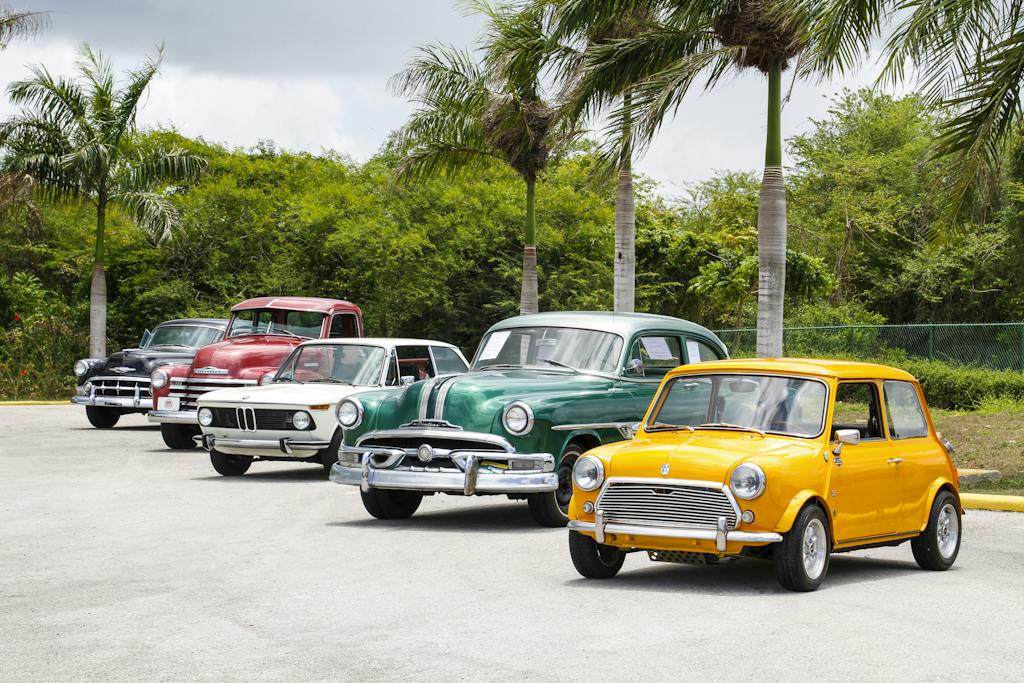
Hunting for a car without a computer chip? It’s not just about finding one; you’ve got to know what to look for. Here’s how to search smart and inspect with a keen eye:
- Identify Your Desired Model: Start by deciding which make and model you’re interested in. Do some research to confirm that the specific model years you’re looking at do not have computer chips or ECUs.
- Use Specialized Forums and Clubs: Car enthusiast forums and clubs are invaluable resources. Members often share listings, and you might find someone looking to sell exactly what you’re searching for.
- Check Classic Car Dealerships: Some dealerships specialize in classic or older cars. They can be a reliable source for finding a well-maintained vehicle without modern electronic systems.
- Online Marketplaces: Websites like eBay Motors, ClassicCars.com, and Hemmings can be great places to search for older, chip-free cars. Use specific filters to narrow down your search to older models.
- Attend Car Shows and Auctions: Car shows and auctions often feature classic and vintage cars. These events not only allow you to see the car in person but also to meet and network with other classic car enthusiasts.
- Inspect the Vehicle Thoroughly: When you find a potential car, inspect it thoroughly. Look for signs of rust, check the engine condition, and make sure all mechanical systems are functioning properly.
- Verify the Car’s History: Ask for the car’s maintenance and repair records. If possible, get a vehicle history report to check for any past accidents or issues.
- Test Drive: A test drive is crucial. Pay attention to how the car handles, listen for any unusual noises, and ensure that it feels right to you.
- Consider a Professional Inspection: If you’re not mechanically savvy, it might be worth getting the car inspected by a professional mechanic who is familiar with older, classic cars.
- Negotiate the Price: Once you’re satisfied with the car’s condition, it’s time to negotiate the price. Be aware of the market value of the model you’re considering to ensure you get a fair deal.
- Complete the Paperwork: When you’re ready to buy, make sure to complete all necessary paperwork. This includes the bill of sale, title transfer, and any other required documents in your region.
- Transportation and Insurance: Plan how you will transport the car to your home, especially if it’s a long-distance purchase. Also, look into insurance options that cater to classic or older cars.
Remember, patience is key in finding the right car without a computer chip.
These vehicles are often older and require a bit more diligence to locate and purchase, but the reward is owning a piece of automotive history with its own unique charm and character.
Maintenance Tips for Cars without Computer Chips
Maintaining a chip-free car indeed involves a unique approach, focusing on mechanical basics rather than electronic diagnostics. Here are key tips for keeping your classic running smoothly:
- Regular Fluid Checks: Stay vigilant with fluid levels – engine oil, coolant, brake fluid, and transmission fluid. These cars often don’t have warning systems for low levels, so manual checks are crucial.
- Frequent Oil Changes: Older engines can be less efficient with oil usage. Regular oil changes are vital to keep the engine running smoothly and to prevent long-term damage.
- Ignition System Maintenance: Pay attention to the ignition system, including spark plugs, points, and condensers. These components may need more frequent replacement or adjustment compared to modern cars.
- Carburetor Adjustment: If your car has a carburetor, learning to adjust and clean it can significantly improve performance and fuel efficiency.
- Brake System Check: Regularly inspect the brake system, including pads, shoes, and fluid. Older cars often have drum brakes, which require a different maintenance approach than disc brakes.
- Cooling System Maintenance: Keep an eye on the radiator and hoses. Overheating can be a common issue, so ensuring the cooling system is functioning correctly is key.
- Regular Lubrication: Older cars have more grease points and moving parts that need regular lubrication. This includes suspension joints, steering linkages, and other mechanical parts.
- Rust Prevention: Rust can be a significant issue, especially in classic cars. Regular washing, waxing, and undercarriage checks can help prevent rust.
- Battery Maintenance: Older cars might not have an alternator warning light. Regularly check the battery’s charge level and clean the terminals.
- Tire Checks: Regularly check tire pressure and tread depth. Older cars might not be as forgiving with tire issues as newer models. Also, keep in mind tire rotation.
- Keep a Maintenance Log: Record all maintenance and repairs. This log is invaluable for tracking recurring issues and scheduling routine maintenance.
In summary, maintaining a car without a computer chip revolves around proactive and regular care, focusing on the mechanical aspects.
With attention and care, these vehicles can provide a reliable and enjoyable driving experience that connects you to the road in a way modern cars often don’t.
The Future of Cars without Computer Chips
What does the future hold for these automotive classics? We’ll look at market trends and make some educated guesses. Spoiler: They’re not going anywhere soon. In fact some of these cars without computer chips usually increase in value as time goes by.
Cars Without Computer Chips: Final Words
In conclusion, cars without computer chips offer a unique blend of simplicity, reliability, and nostalgia. While they may lack some modern features, their charm and ease of maintenance make them a worthwhile consideration for car enthusiasts.
But… if old style isn’t your thing, check out our list of 25+ Cars With Digital Speedometer.
List of Cars With No ECU: FAQ
What are some common models of cars without computer chips?
Classics like the Volkswagen Beetle, Ford Mustang, and more recent models from select manufacturers.
Why would someone prefer a car without a computer chip?
For the simplicity, reliability, and ease of DIY repairs and maintenance.
Are these cars more environmentally friendly?
Not necessarily. They often lack modern fuel efficiency and emissions control technologies.
How do I maintain a car without a computer chip?
Regular maintenance like oil changes and tune-ups are key, along with a good understanding of basic mechanical components.
Can I still find parts for these older models?
Yes, but it may require some searching. Specialty shops and online communities are great resources.
